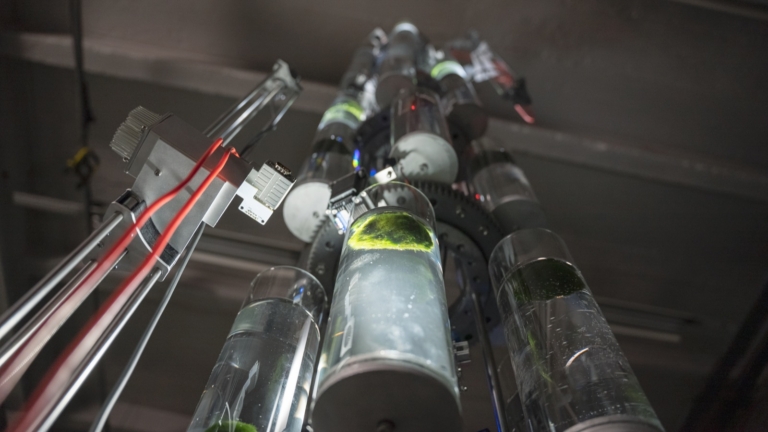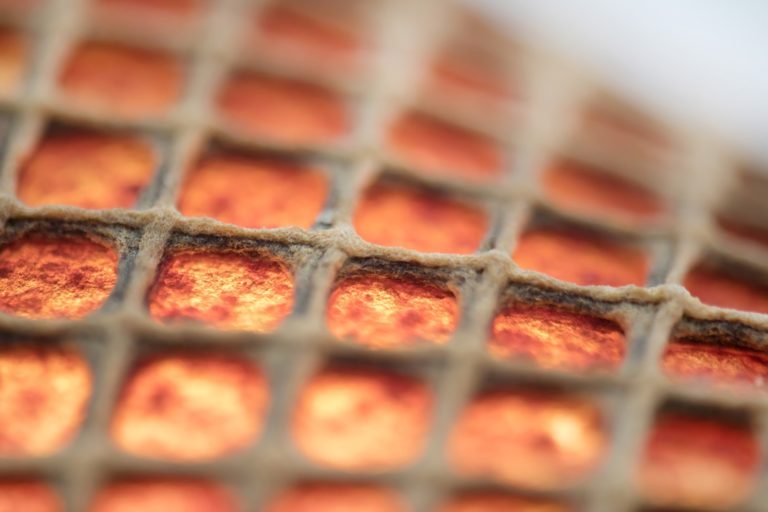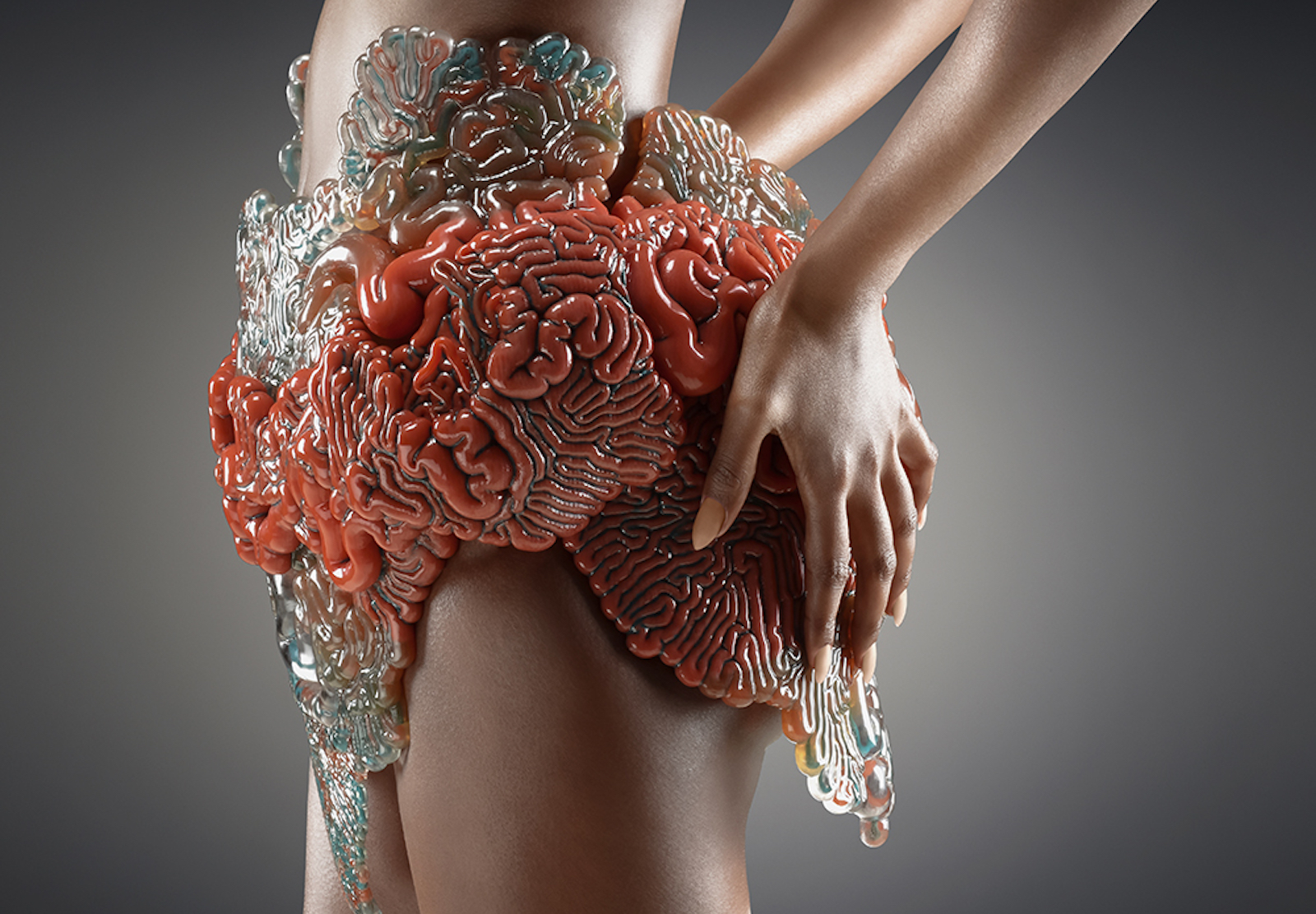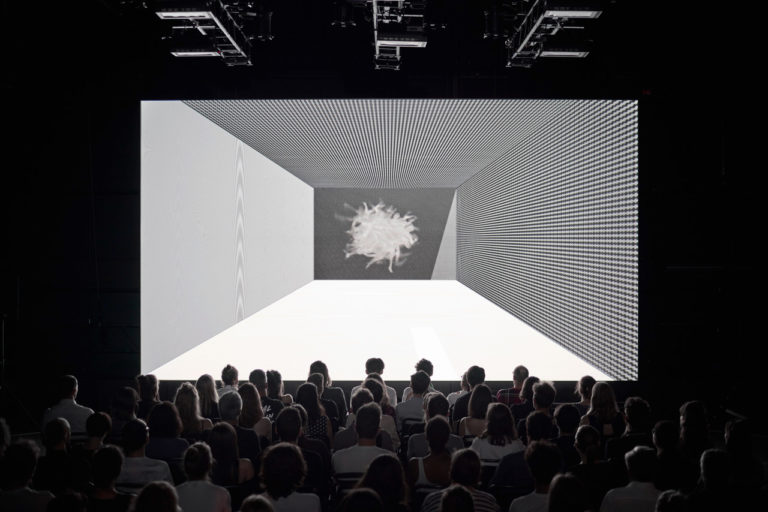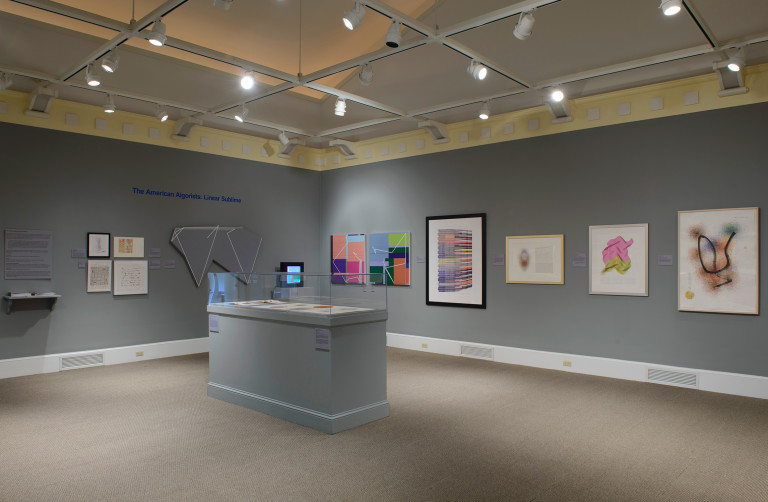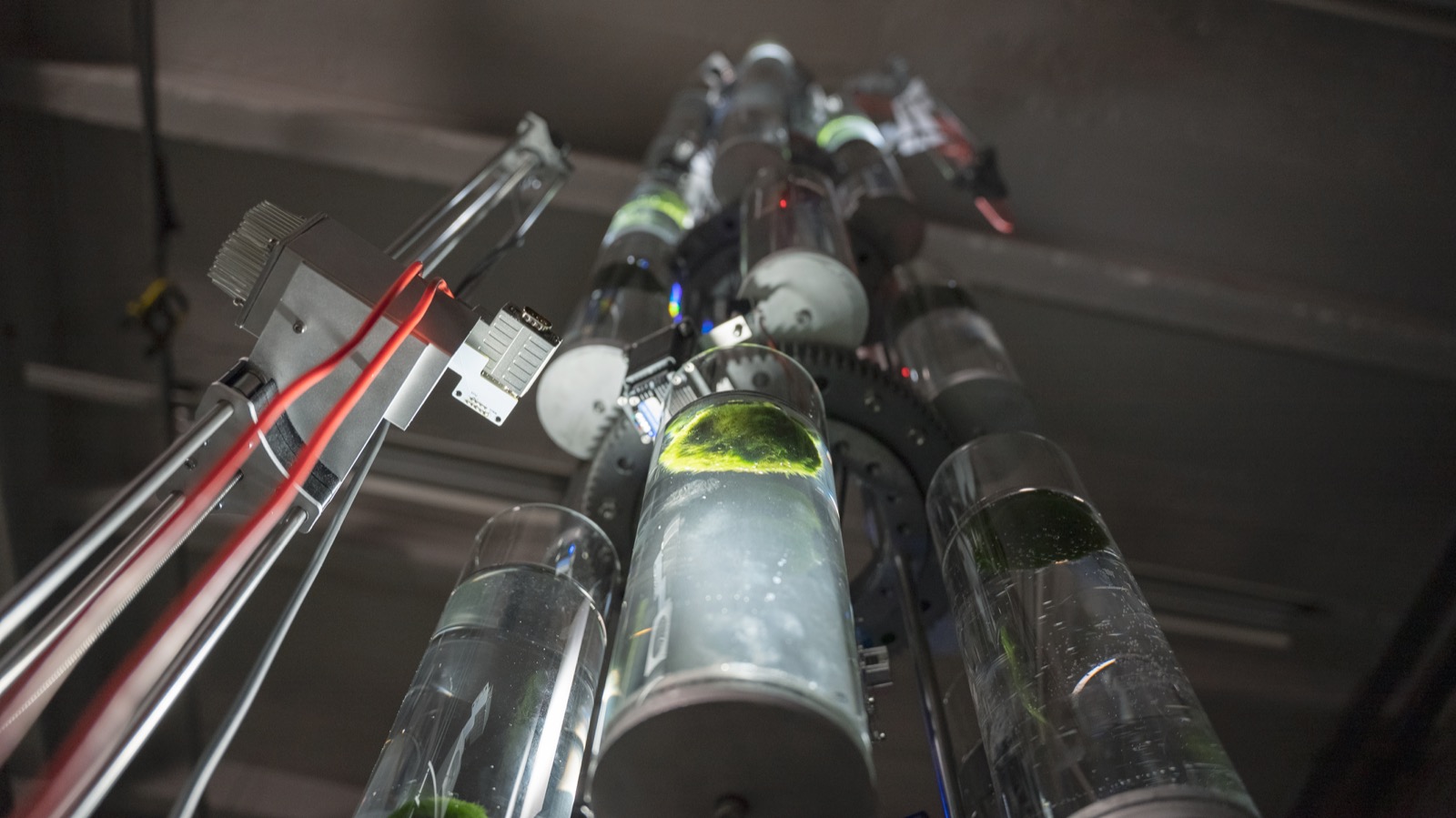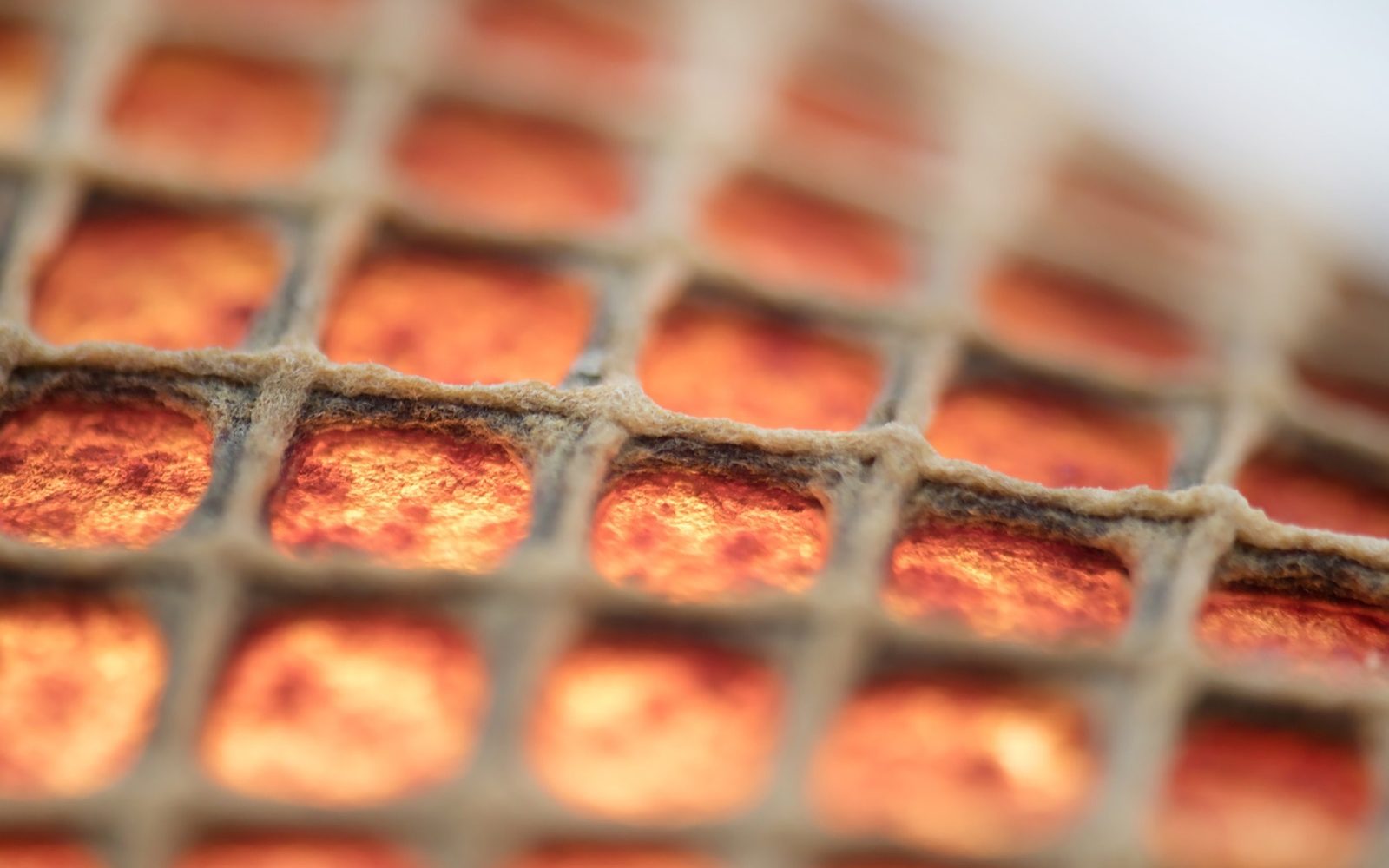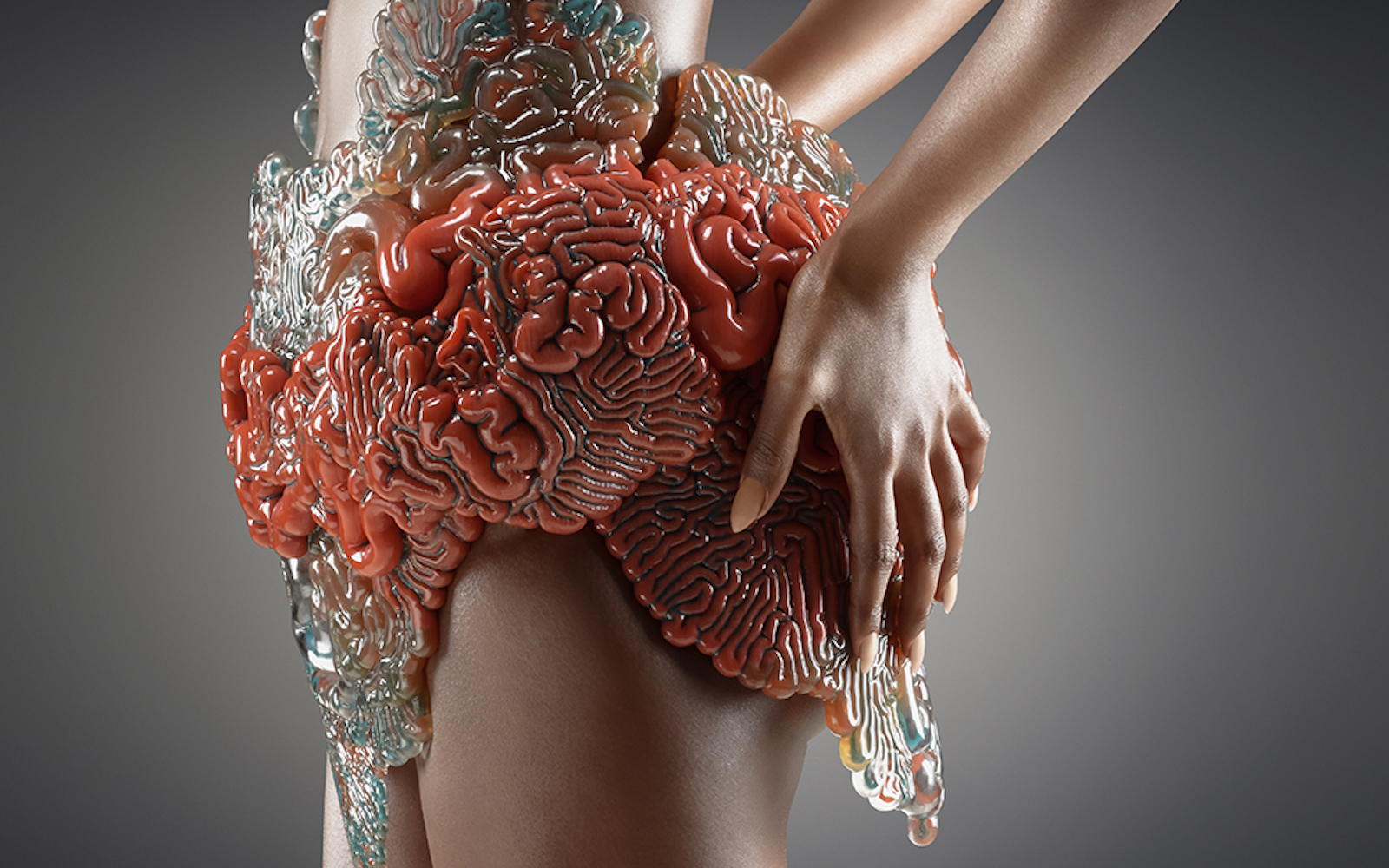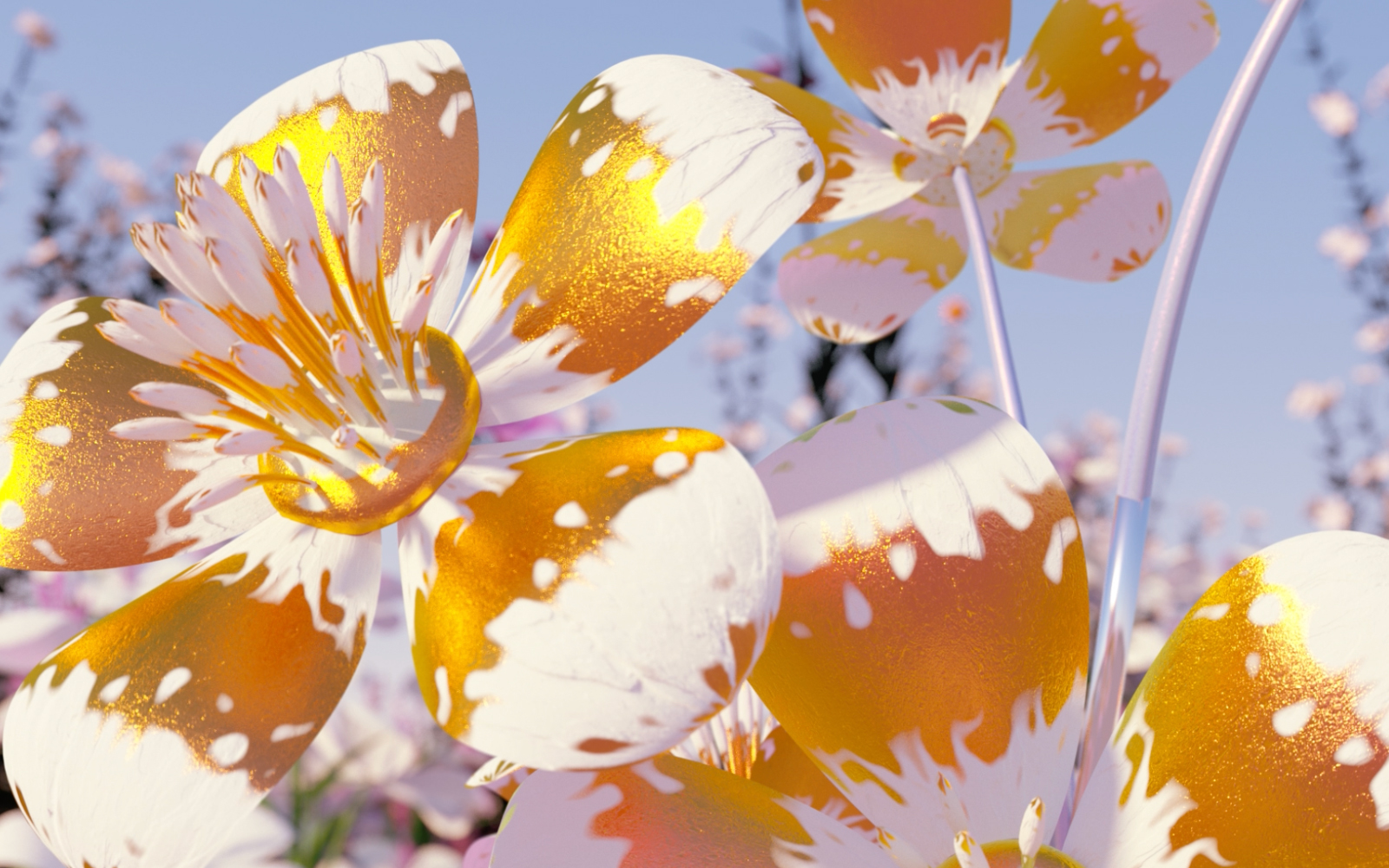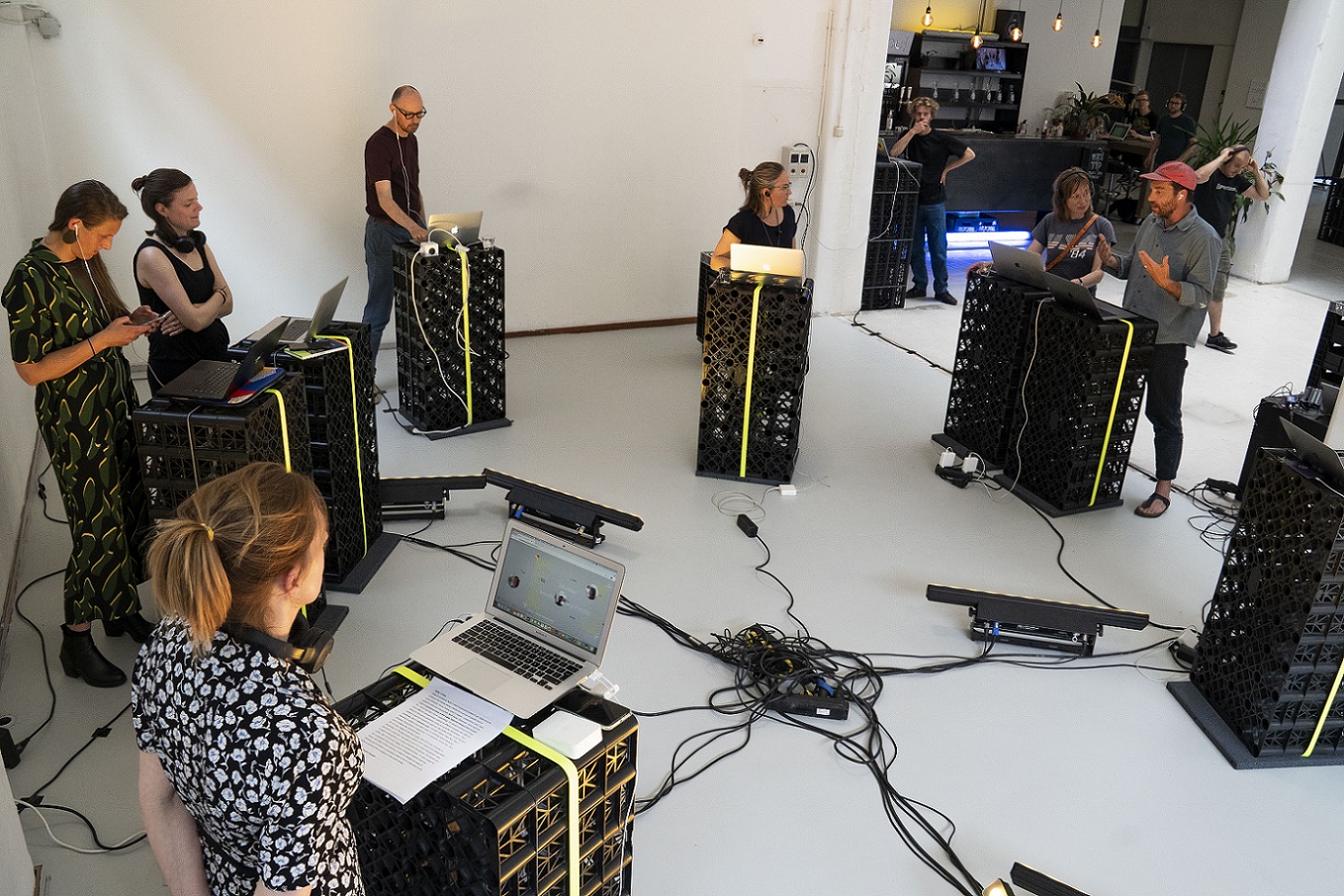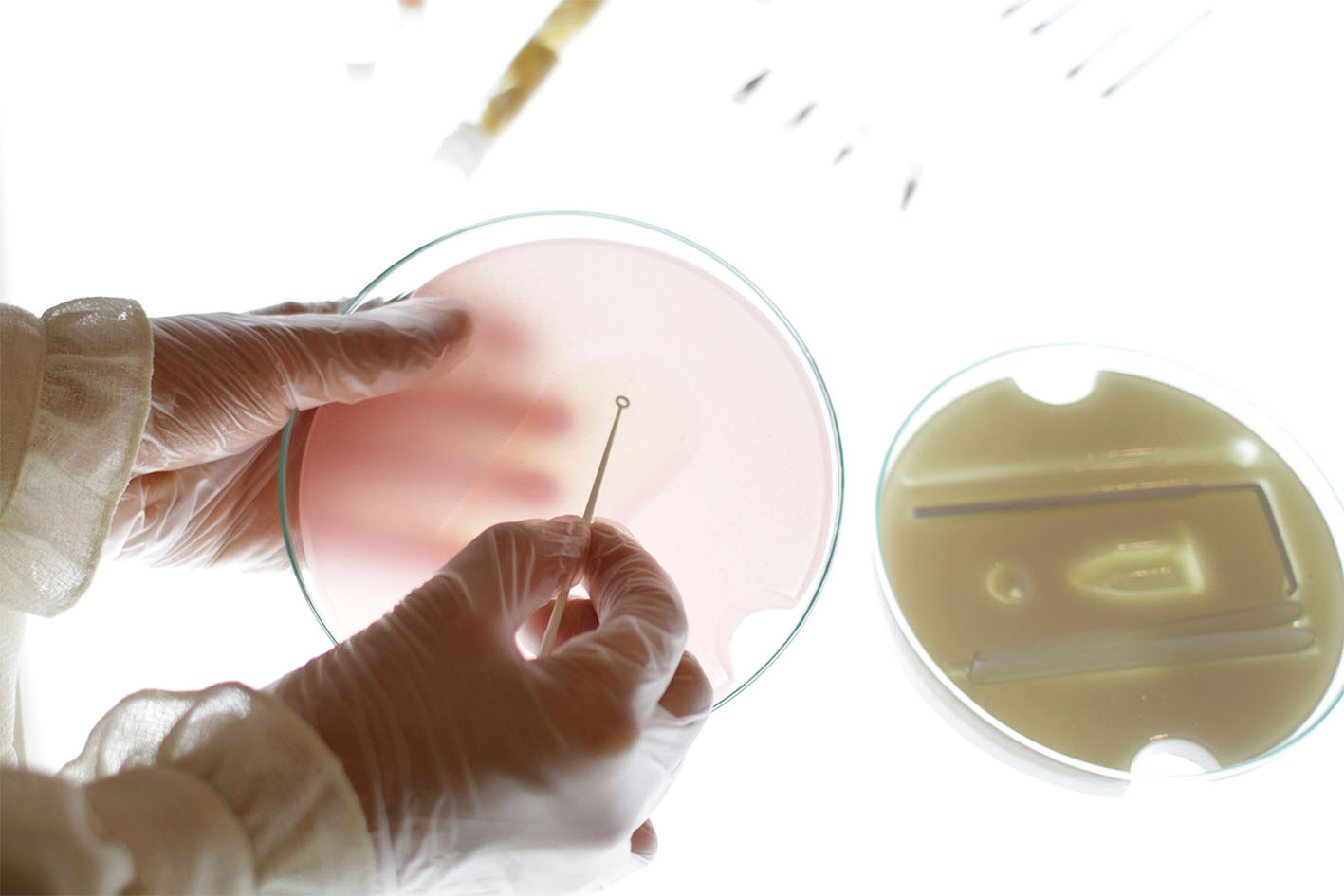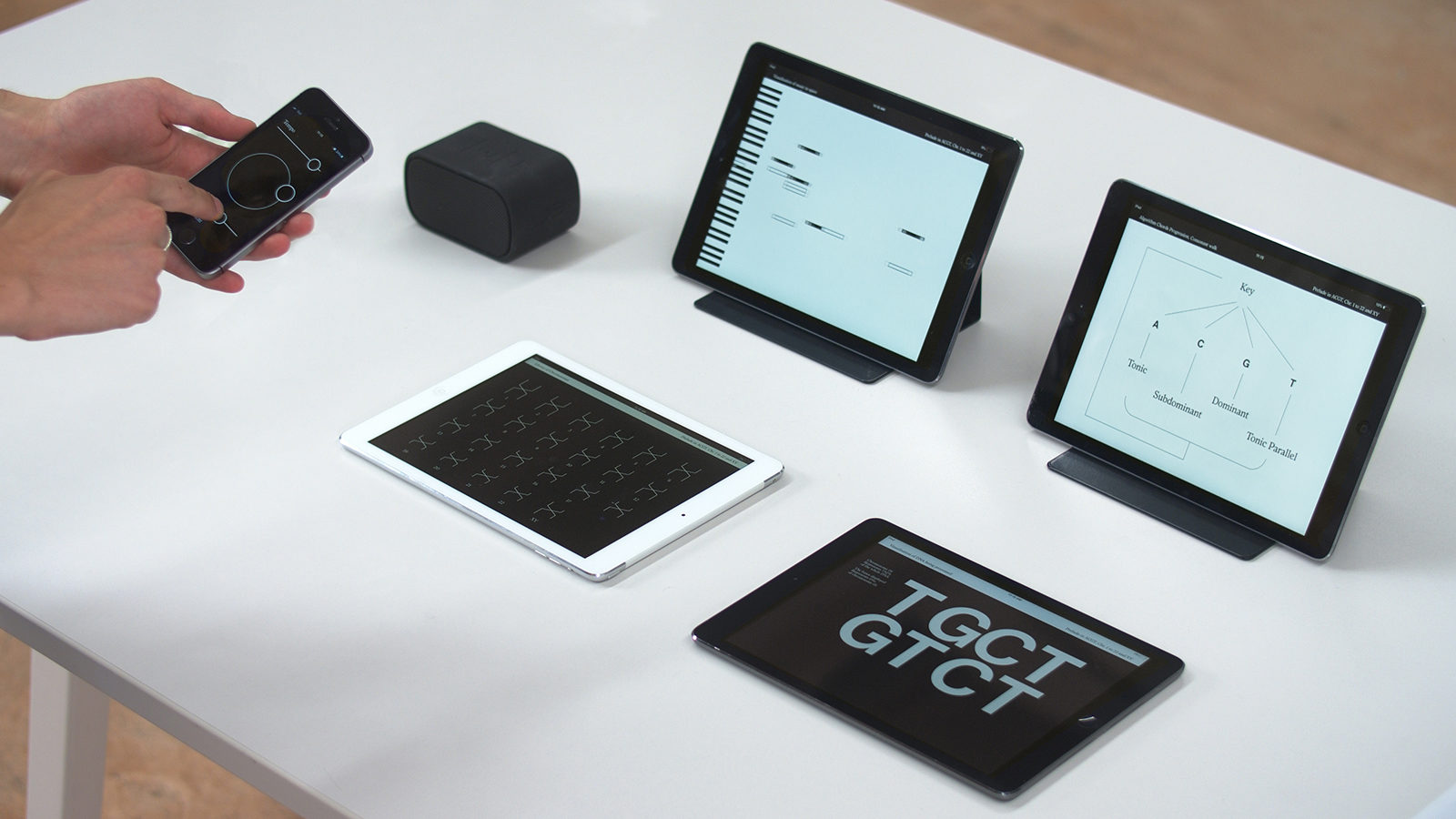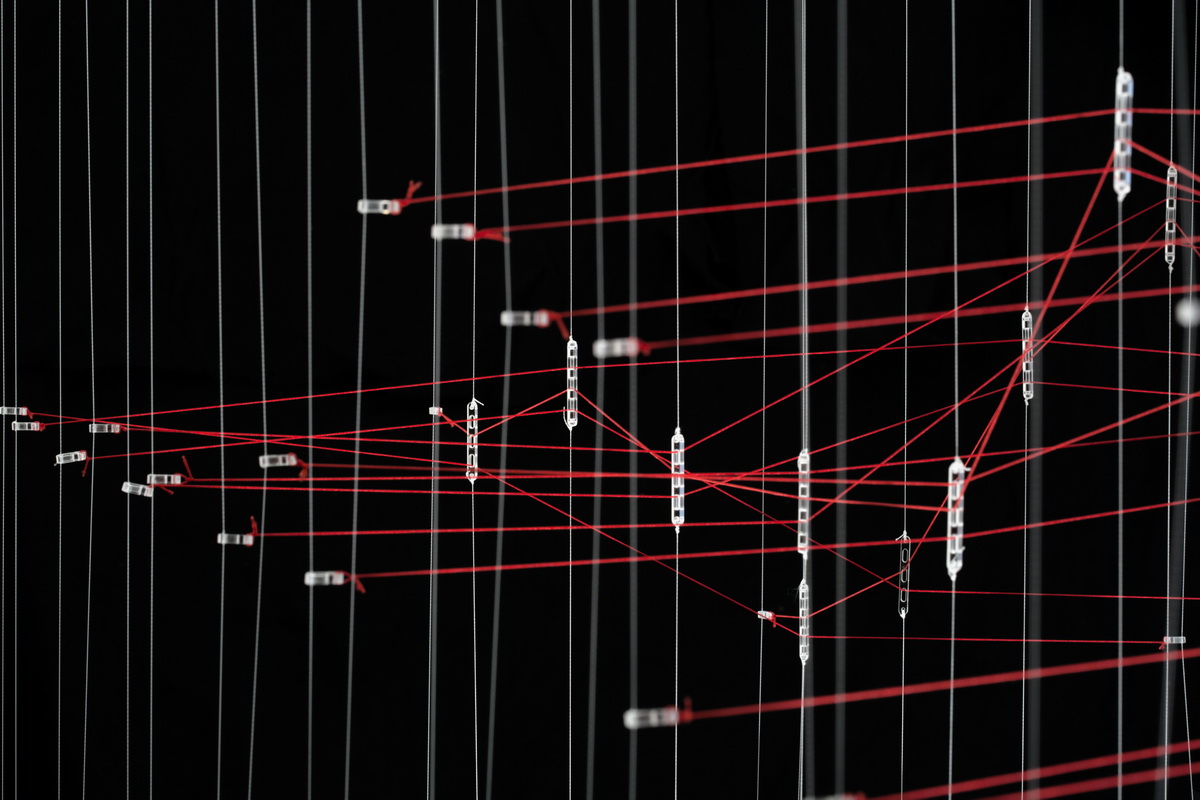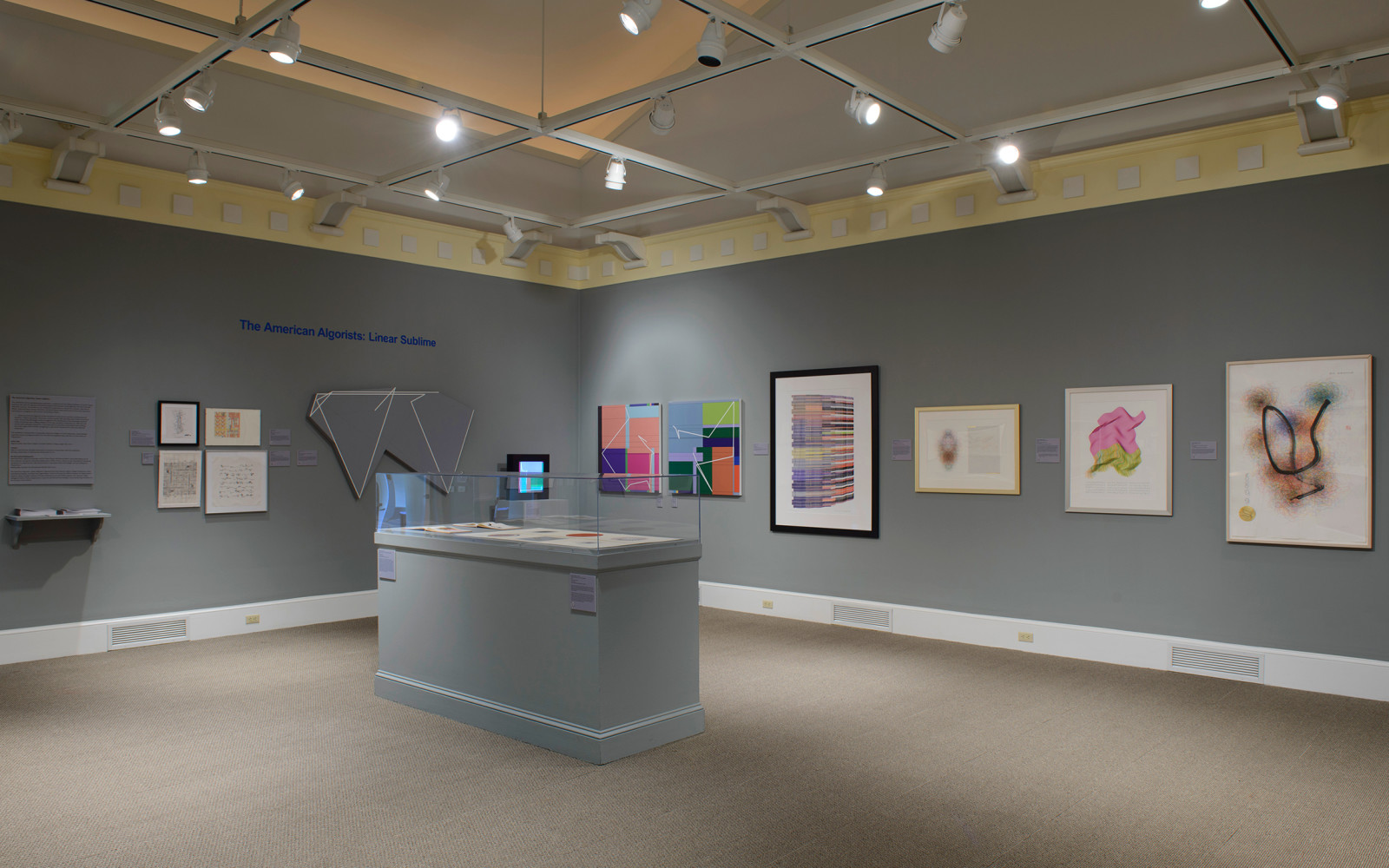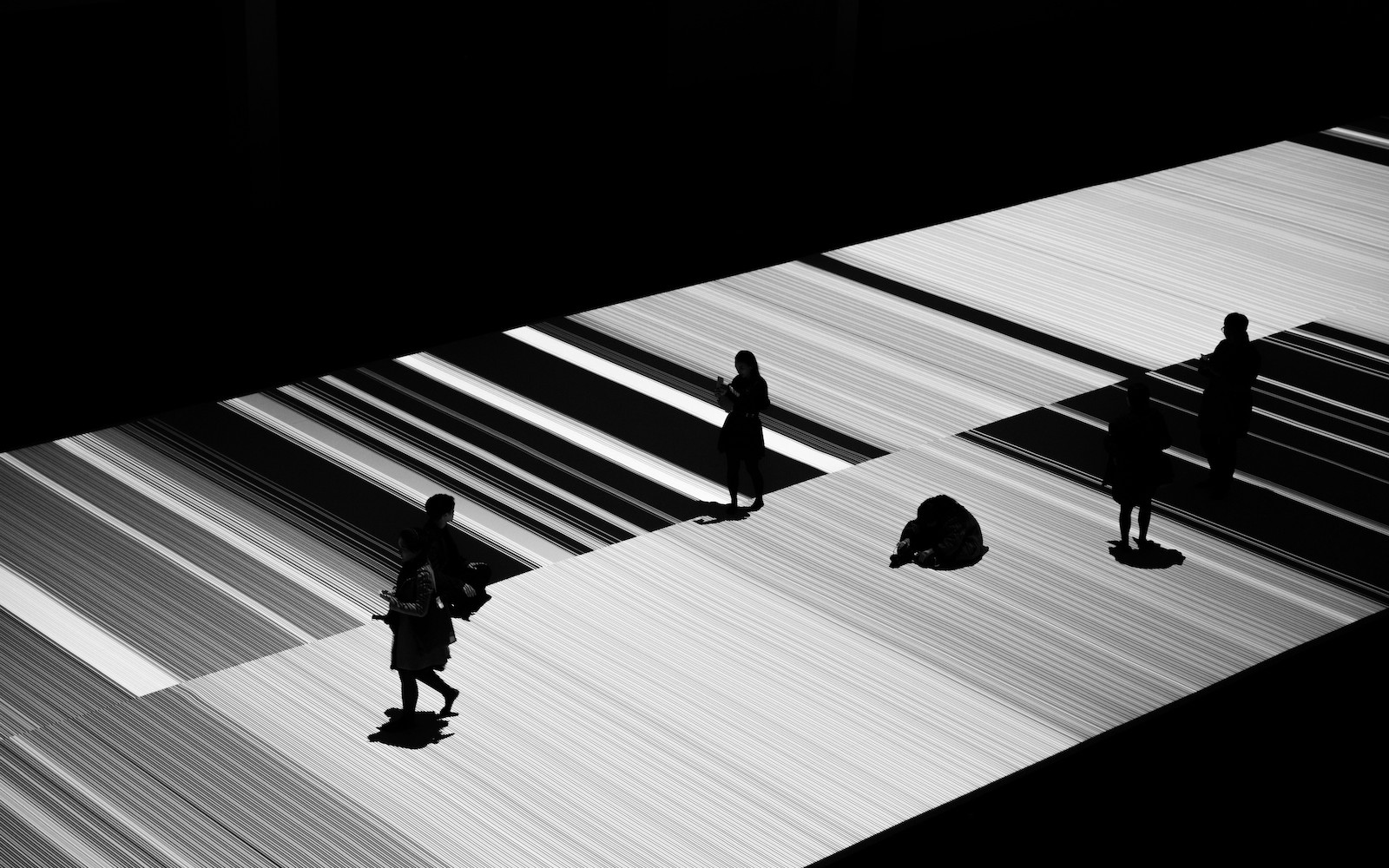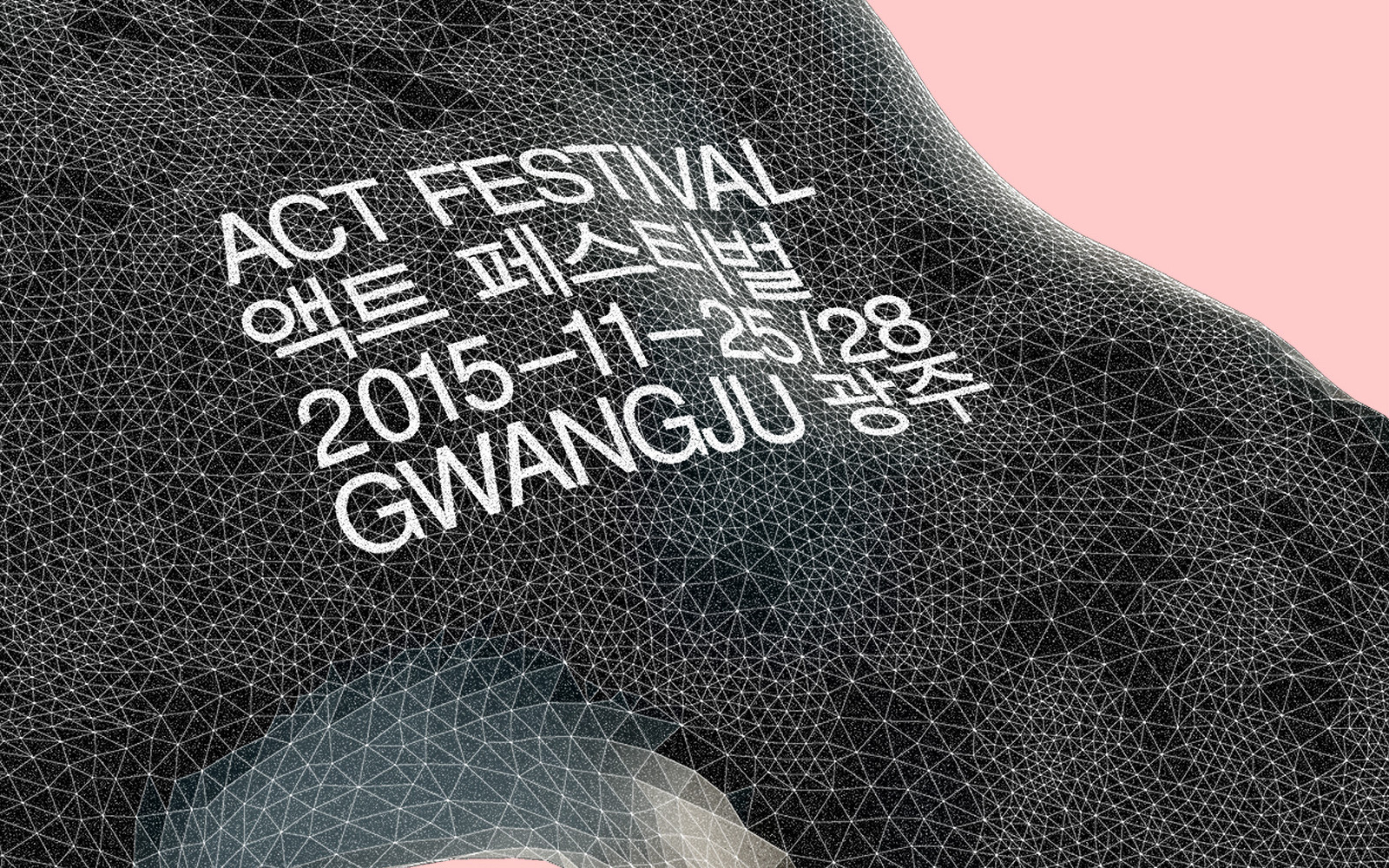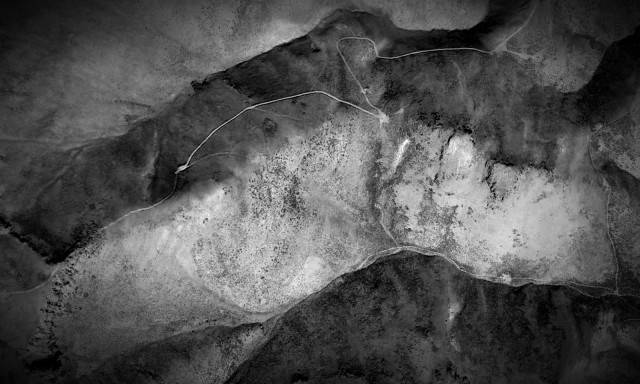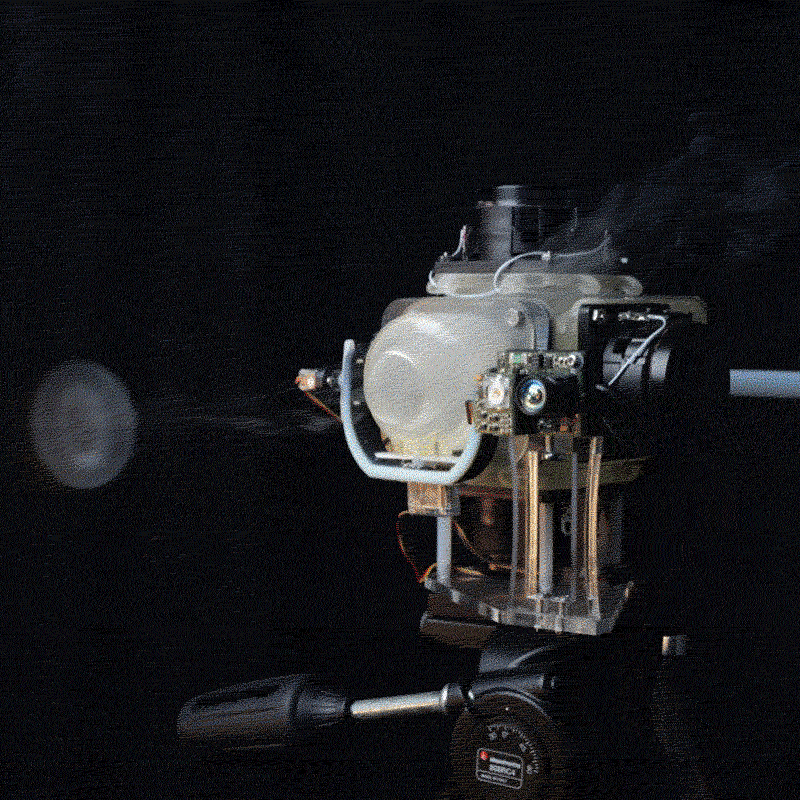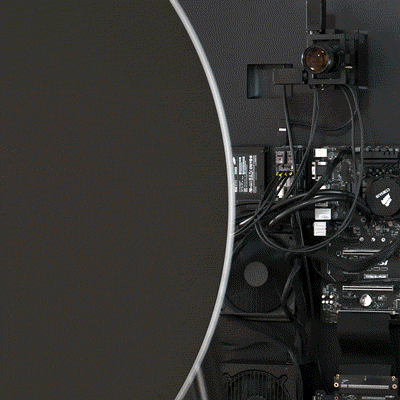/?s=Digital Biology
Displaying search results
16 Results
Almost three years since their last edition, the new edition of ‘NODE13 – Forum for Digital Arts’ takes place next year, 11-17th February, in Frankfurt, Germany. The festival comes with the key topic ‘The Rules – Examining code as shapeable cosmoplastic material’ and it invites visitors for the week-long festival of digital art and interactive culture. “After…

“Sorn-Lai” is an immersive narrative set in a post-singularity world where biology and technology merge. In the White Forest, life fuses with AI and biotech. Through a researcher’s journey, it explores ethical and sustainable implications of our technological advancements, urging reflection on our relationship with technology and nature in the Anthropocene.
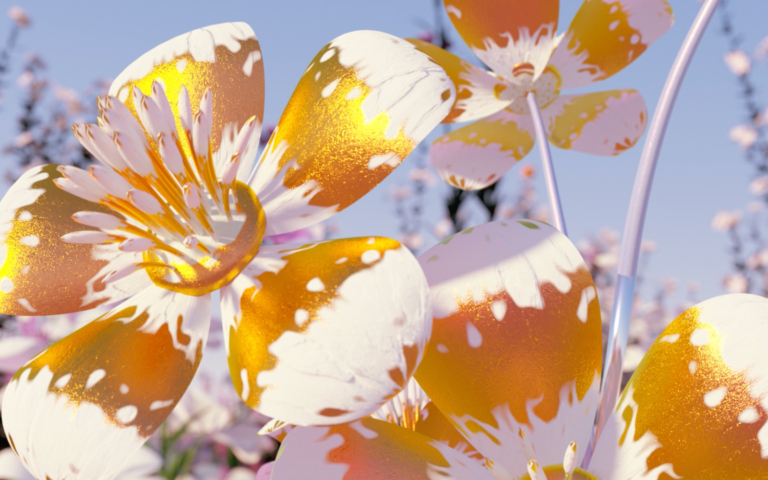
‘Grown’ by Cyrus Clarke, Non-Fungible Plants (NFPs) are living plants with data encoded within their DNA. Sitting at the junction of art, technology and nature, Non-Fungible Plants utilise cutting edge synthetic biology techniques to encode digital data, in this case NFTs, in plants.
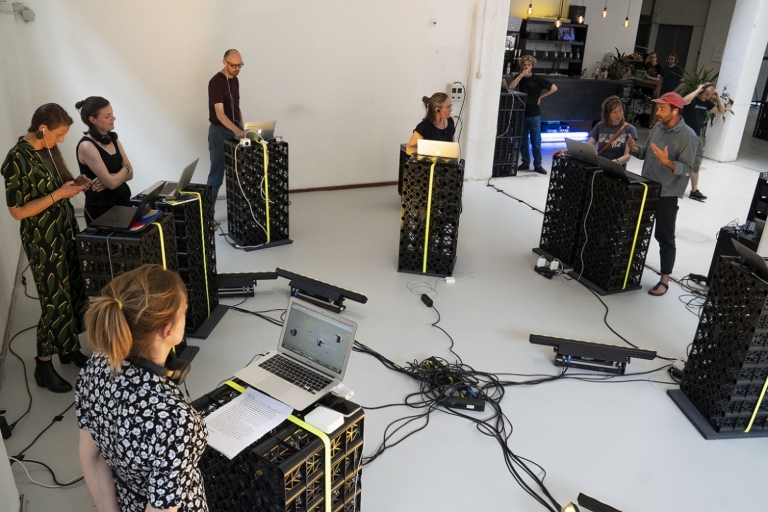
From June 4th to July 4th, The Grey Space embarks on a large-scale experiment entitled Perpetual Beta. In close collaboration with a group of makers and the public, a new form of presentation is explored based on the principles of open source. The result is an exhibition of work-in-progress, where the public is invited to take a look, participate and contribute.
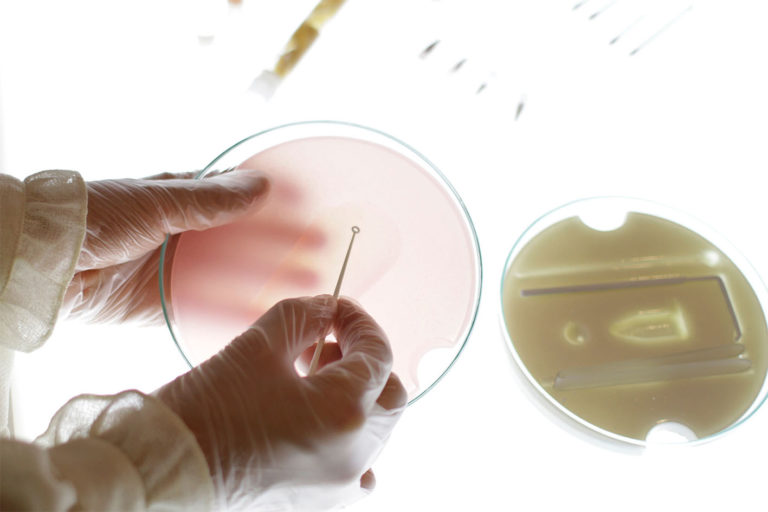
Questioning our notions of wellbeing to develop innovative tools in the intersection of medical and social sciences, Giulia Tomasello investigates the potential of biotechnology and living materials, proposing a biological and sustainable alternative for electronic textiles and more.
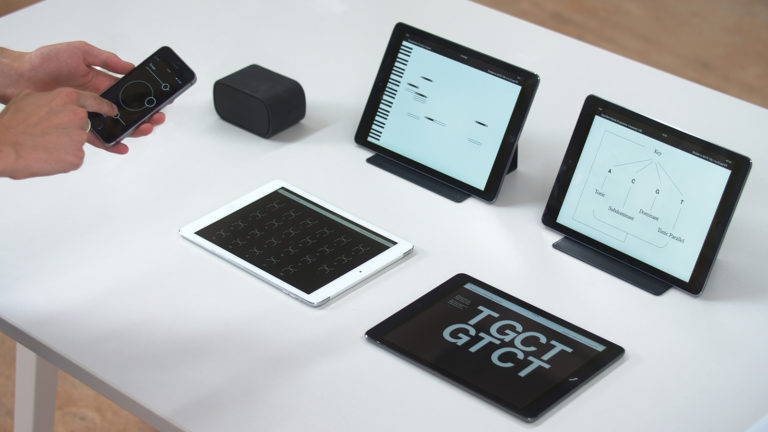
Created by Pierry Jaquillard at ECAL (Media and Interaction Design Unit), Prélude in ACGT is collection of tools that explore the relationship between music and biology. The project uses Pierry’s own DNA (chromosome 1 to 22) and converts it into music.
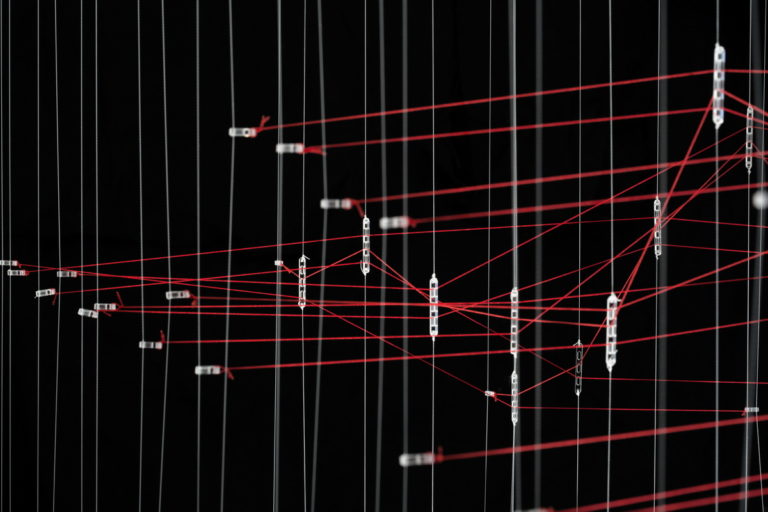
Created by Ralf Baecker and opening this week at the NOME gallery in Berlin, Order+Noise (Interface I) investigates the boundary and space created by two interacting systems that are set in motion by the random signals of Geiger-Müller tubes.
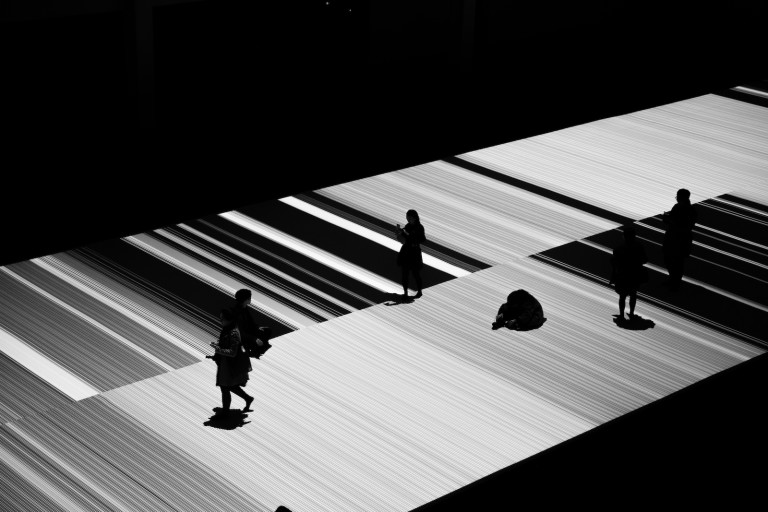
Huge stroboscopic datastreams, hypnotic human-machine choreographies, a cacophony of Korean, Japanese, English, German, and French – ten weeks ago, from November 25th to 28th 2015, an unlikely cross-cultural exchange took over the all new ACT Center in Gwangju, South Korea. More than a hundred artists, designers, curators, and educators answered our invitation to add their work and voice to the inaugural edition of ACT Festival, an opening celebration for the center’s monumental facilities.
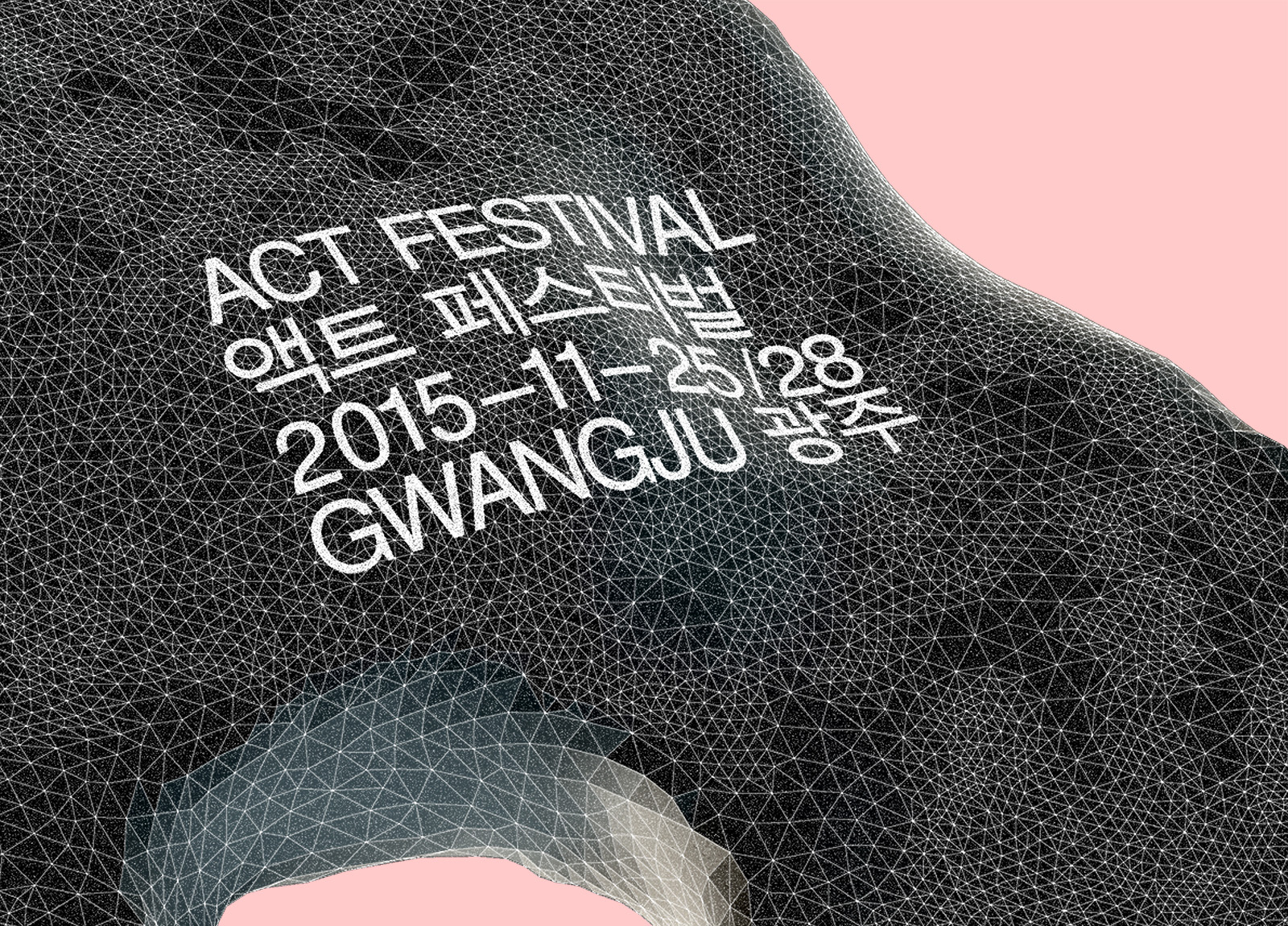
CAN is thrilled to announce the first edition of #ACTFestival – a four-day summit that combines a world class exhibition, a symposium, a performance and workshop program, and takes place November 25th to 28th / Gwangju, South Korea.

Curated in collaboration with EWHA’s Cross Media Lab, Kimchi and Chips and CreativeApplications.Net, The Distortion Field is a discussion concerning the connection between artists and audiences within emerging media.

